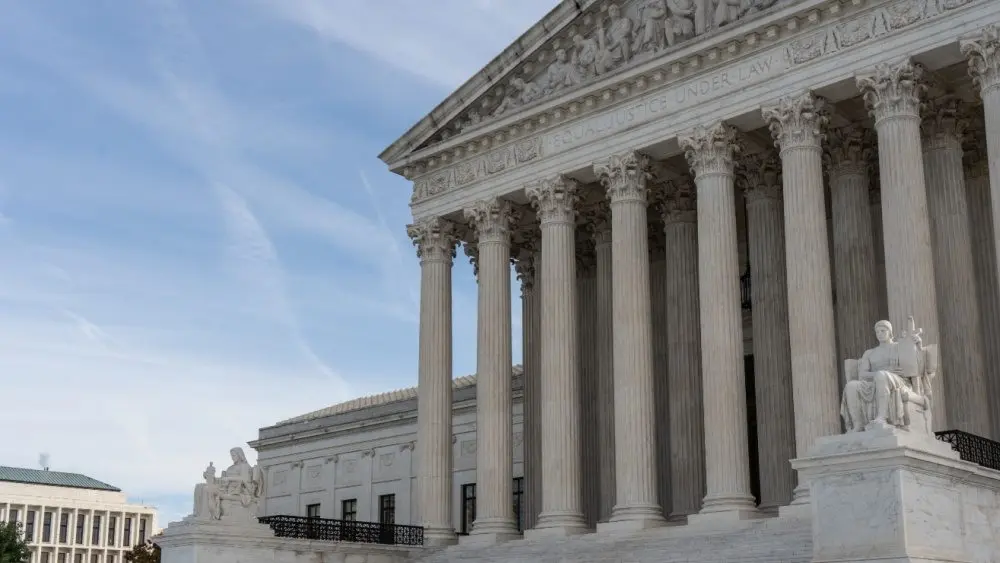
The Senate narrowly passed President Donald Trump’s policy bill on Tuesday, with Vice President JD Vance casting the tie-breaking vote after a 50-50 tally. Three Republicans voted against the sprawling, nearly 900-page package dubbed the “One, Big Beautiful Bill”, which is packed with tax cuts and immigration policies. The bill will now go back to the House for final approval, where its outcome remains uncertain.
The Senate embarked on the debate late June 28, when Democrats forced clerks to read the 940-page bill out loud overnight for the next 16 hours. A voting session nicknamed a “vote-a-rama” began June 30 for another all-night session with a total of 41 votes on the bill. GOP Sens. Thom Tillis of North Carolina, Rand Paul of Kentucky and Susan Collins of Maine joined all Democrats in voting against the bill.
Speaker Mike Johnson and top Republican leaders announced in a statement that the House will consider the bill “immediately for final passage” — with renewed intent to put the measure on President Trump’s desk by July 4: “The House will work quickly to pass the One Big Beautiful Bill that enacts President Trump’s full America First agenda by the Fourth of July. The American people gave us a clear mandate, and after four years of Democrat failure, we intend to deliver without delay. This bill is President Trump’s agenda, and we are making it law. House Republicans are ready to finish the job.”
If the Senate signs off on the bill, it would give former President Trump the chance to solidify key parts of his second-term platform. This includes following through on pledges to reduce taxes on tips and overtime pay, ramp up immigration enforcement, and lock in the tax cuts passed in 2017. At the same time, the proposal would significantly slash funding for Medicaid and is expected to add roughly $3.3 trillion to the national debt over the next ten years.
Editorial credit: Phil Mistry / Shutterstock.com










